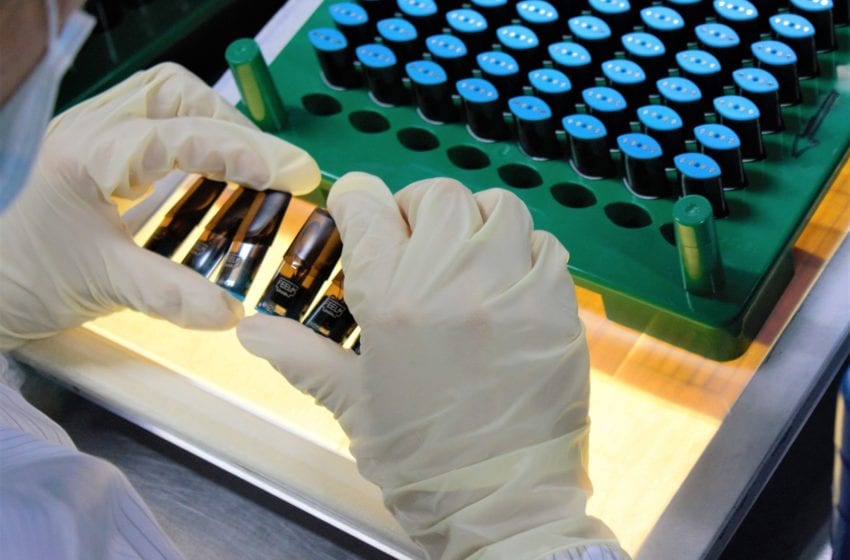Malaysia’s Ministry of Health (MOH) clarified that its proposed smoking ban for everyone born after 2005 does not only cover cigarettes and tobacco products, but also vape, e-cigarettes, and heated tobacco products.

Health Minister Khairy Jamaluddin announced at the World Health Organization’s (WHO) executive board meeting in Geneva about Malaysia’s plans to prohibit the sale of cigarettes and tobacco products to people born after 2005 in a bid to outlaw smoking for the next generation.
This means that Malaysians who are 17 years old today will not be able to legally buy tobacco, vape, or e-cigarettes next year when they turn 18, the current legal age for smoking in Malaysia, or ever, in their lifetime. Neither will subsequent generations be ever permitted to purchase cigarettes and other smoking products.
An MOH official said the prohibition covered all tobacco products, including cigarettes, cigars, tobacco leaves, and smokeless tobacco, as well as electronic devices like vape or e-cigarettes and heated tobacco products.
“Tobacco products, smoking substances, substitute tobacco products, and smoking devices,” the MOH official told CodeBlue.
Disposable e-cigarettes or vape pens are also sold in Malaysia. Some e-liquids and disposable vapes do not contain nicotine.
“Wait for RUU,” the MOH official said when asked if the proposed generational ban on the sale of tobacco and smoking products covered zero-nicotine vape liquids. He was referring to the new Tobacco and Smoking Control Act that the government plans to table in the upcoming Parliament meeting, according to the story.
The government previously announced during the tabling of Budget 2022 plans to tax vape and e-cigarette liquids containing nicotine, essentially legalising vape products that are presently under a grey area of regulation.
Current tobacco control legislations under the Food Act 1983 do not cover vape or e-cigarettes. However, under the Poisons Act 1952, nicotine can only be supplied by pharmacists or medical practitioners.


















